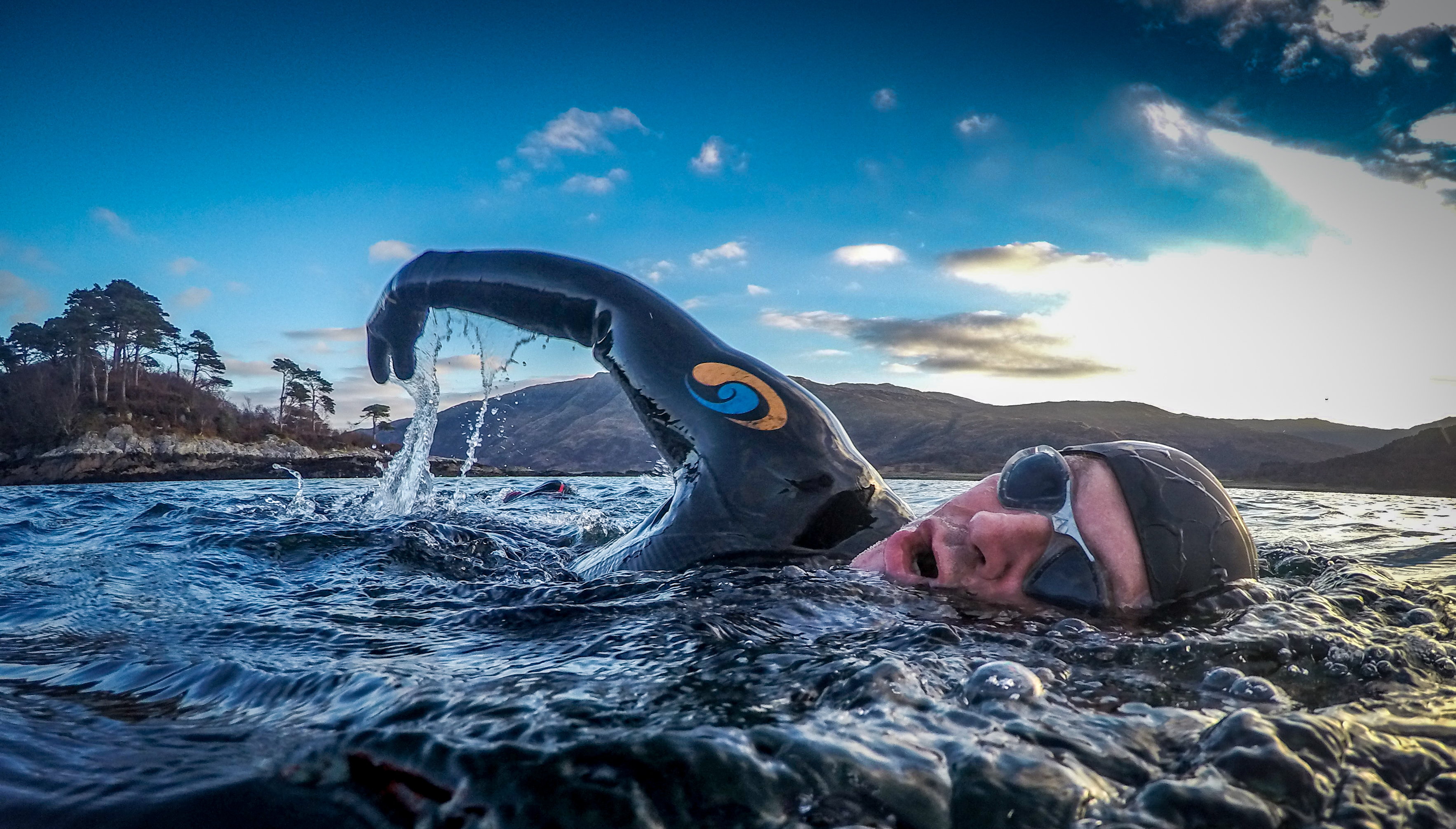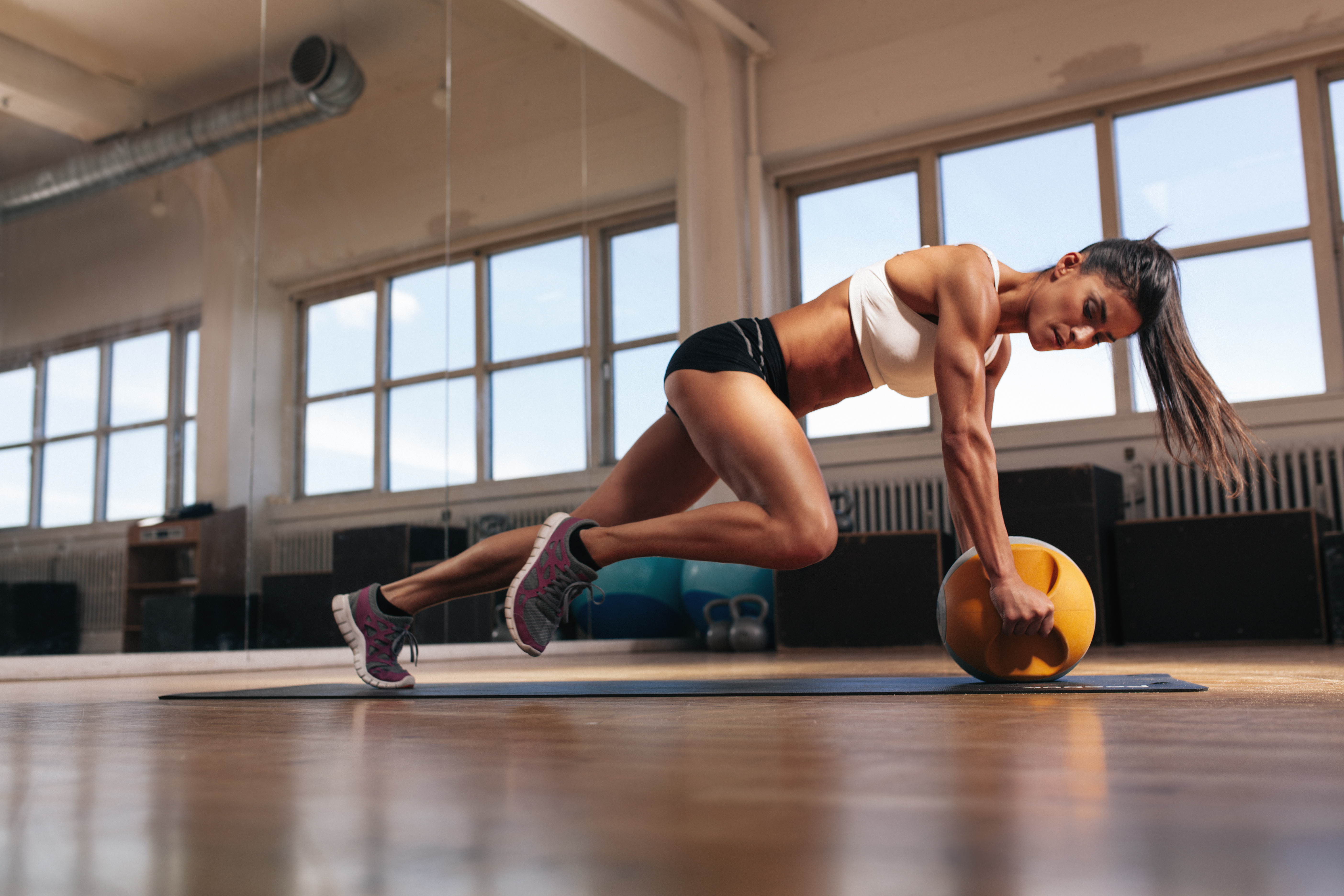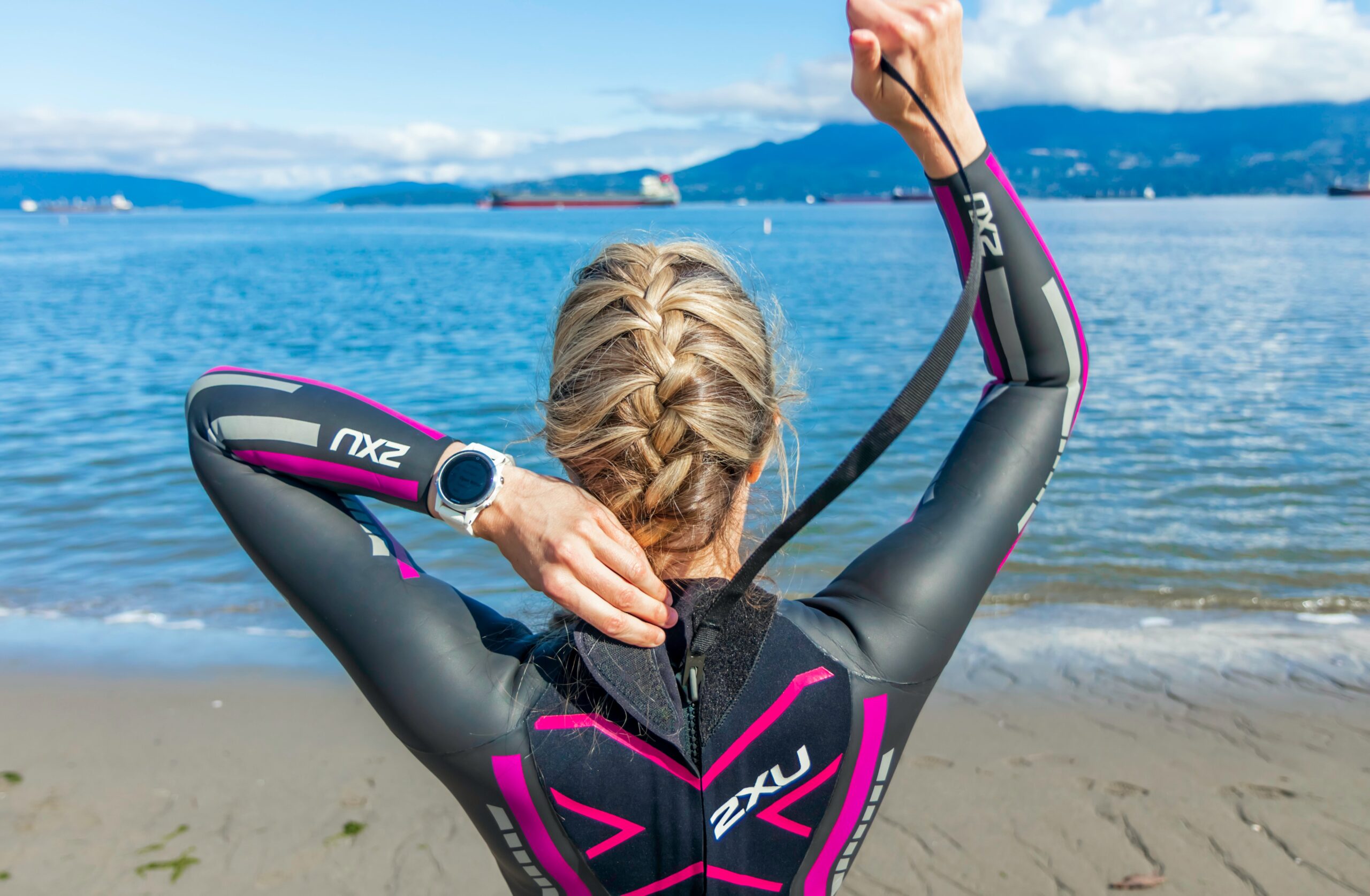The recent re-introduction of lockdown restrictions in Europe has led to many facilities having to close. While gyms can be covered with some home equipment, swimming pools are a huge loss to most triathletes. Swimming is the weakest discipline for many. Not being able to work on it for a prolonged period is quite a concern for most. Some of us are taking to open water and others are relying on Strength & Conditioning to make up for the loss. We are in an unprecedented situation where the obvious solution is not so clear.
My first recommendation is not to panic. We can only control a certain amount and do our best. Time spent worrying about something out of our control is time wasted. Unless you own or manage a pool, you are not in a position to change things. For many of us, unfavorable weather will also prevent consistency in swimming in open water especially as we move towards Winter. I would also argue that if you are so cold that you cannot swim comfortably then the quality of that session will be poor.

I would have many concerns relying on S&C for swim training. While it can be very effective in training muscles and improving strength, it is fundamentally very different to swimming. Swimming relies on the management of drag more so than the application of force. This is seen in many female swimmers where technique allows them to achieve similar times to men who can naturally produce more force. This technique is developed in the water and cannot be replicated anywhere else. As a method to maintain muscular conditioning, S&C is a great addition but it cannot develop technique effectively.
As you can see options are extremely limited so what is the best alternative?
Triathletes are constantly challenged, sharing their time and attention across the three disciplines. Giving each discipline enough focus and training volume is a balancing act. Quite often capabilities considered of lesser priority are sacrificed. Nutrition, mobility, strength and even recovery are often put aside to give more time to the bike for example.
While swimming has been cut from our perfect programme schedule we must find the next best way to be effective. I would suggest re-allocating the time to the holes in your physiology. Instead of trying to replicate swimming with gym work, perhaps now is the time to get stronger overall and develop raw power. How often can you dedicate a few consecutive weeks to developing strength with strength work. It can be quite easily maintained with a fraction of the work, so now is a good time to lay a good base of strength so you can reduce strength training later when you can return to the pool.
Strength training for triathletes

If more time is allocated to running and cycling those disciplines will improve. Physiological improvements will be made with further training. Fitness is likely to continue to develop so when returning to the pool in a number of months, fitness is unlikely to be lacking. Time can then be spent on technique with less concern for fitness or conditioning. Time can also be redirected from running and cycling to swimming as maintaining them requires less time than developing them. This model of switching focus across disciplines is not uncommon in pro athletes where they might focus on only one discipline for a few months. It rarely shows detriment if it is a part of a structured season plan.
There are many things that can be done to progress as an overall triathlete, that rarely get the time required. Because we can maintain, with much less volume than we need to progress, we can manipulate the distribution of time we dedicate to different disciplines successfully. As we are currently very early in the offseason any loss in performance of one is acceptable if it can be regained later. This is especially the case where a net improvement of skills is achieved.
6 Tips for getting back into swimming
While it is unfortunate that we cannot include swimming in our plan as we normally do, it is more important we don’t waste time. There are ways to progress in the grand scheme of our training which must now become our focus. Too many athletes will either lose motivation or try to force a programme to work when it very simply cannot due to logistics. Many athletes need to cut their losses and make the best of the situation. There is still work to be done. Re-distribute the time and continue to progress wherever possible under the current circumstances.
Don’t forget to sign up to my newsletter.
